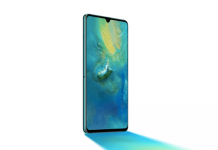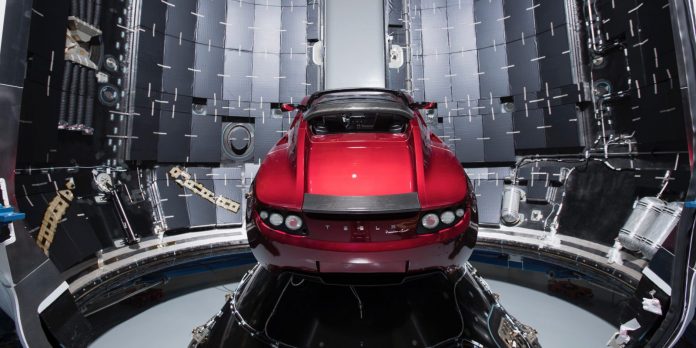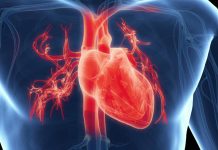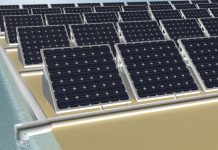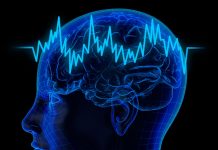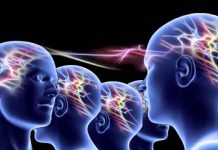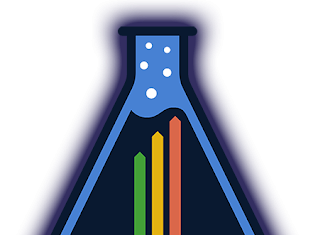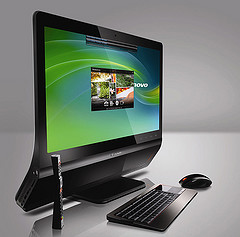Scientists at Purdue University have released a statement warning of possible contamination risk that Elon Musks’ sports car could pose if it lands or hits Mars: the enormous vehicle launched into space on top of the most powerful rocket in the world SpaceX, could be carrying an enormous load of bacteria. In the event of a crash into Mars, the bacteria could spill over and spread throughout the planet.
Jay Melosh, a professor of Earth, Atmospheric and Planetary Sciences at Purdue University, claims in the press release that the car is likely teeming with bacterial life. It might be considered the largest collection of terrestrial bacteria ever sent into space.
“Even if [SpaceX] radiated the outside, the engine would be dirty. Cars aren’t assembled clean. And even then, there’s a big difference between clean and sterile.”, Melosh said in a statement.
When launching such missions, scientists are extra precautious when trying to ensure that they have limited the terrestrial bacteria sent into outer space via rovers. A Planetary Protection Office at NASA is responsible for making protecting the pristine environment of other worlds from contamination. As according to the plan, the Roadster was never supposed to land, the vehicle hadn’t been cleaned of bacteria before takeoff.
A professor of Aeronautics and Astronautics at Purdue, Alina Alexeenko, referred to the load of bacteria on the Tesla vehicle as “biothreat or a backup copy of life on Earth.”
Based on the trajectory of the rocket, it is highly unlikely that the sports car will crash into Mars. Moreover, research suggests that terrestrial life cannot survive the extreme conditions of space, except for a number of expectations, like in the case of tardigrade, which can survive space conditions and live up to 30 years without food or water.
The bacteria museum that Musk has launched into space has reminded many scientists of the panspermia theory, according to which life of Earth started on an asteroid and then some basic molecules reach the plant and seeded our planet.
In the worst-case scenario in which the life on Earth has been completely wiped out, there is a small chance that Musk’s red Tesla could distribute life again on our planet in the form of unintended contamination by microorganisms.


